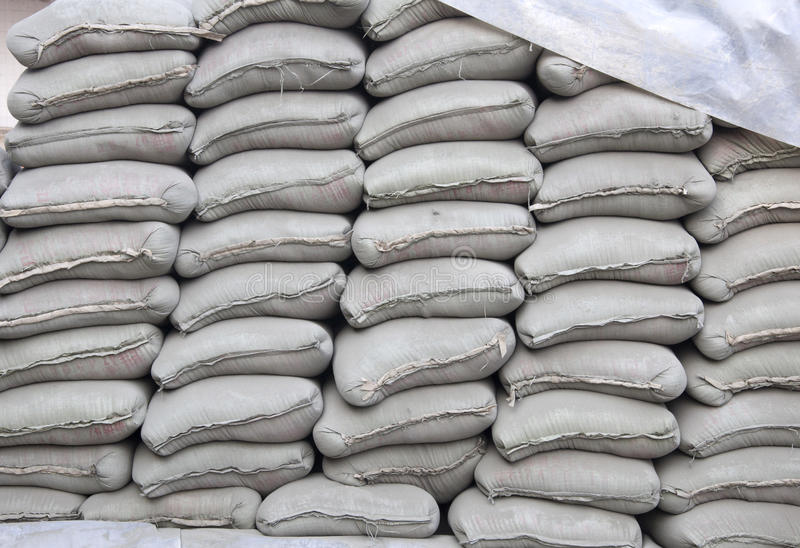
The Concrete
Institute has asked for higher tariffs on products from China and Vietnam
because cost to customer is not the only measure that counts
Even top scriptwriters get it
wrong, using cement and concrete as synonyms. Cement is easily confused with
what we see around us in any city or freeway flyover. But that’s concrete.
Cement is the magical substance that when mixed with the other components —
crushed stone, sand and secondary materials — and water, sets and becomes that
durable and versatile substance we see everywhere: concrete.
Regarding the components that
comprise development in a nation — sustainable social and economic improvement
— infrastructure acts in the same way as cement. It binds the components that
lead to an improved society. Without infrastructure, development is
inconceivable.
This is
well understood by President Cyril Ramaphosa. During his recent state of the
nation address the president reiterated the government’s commitment to
infrastructure spend and said R250bn worth of projects have “entered
implementation phase”. In addition to this, he said the private sector had
committed to investing in 43 projects worth R840bn, creating 155,000 jobs over
the next five years.
The Concrete Institute,
representing SA’s major cement producers — including AfriSam, PPC, Lafarge,
Sephaku and Natal Portland Cement — sees this as a positive step. But the
sector faces a huge threat: imported cement undercutting the local industry.
The last time this happened with
imports from Pakistan, the institute approached the International Trade
Administration Commission (Itac), which duly applied the necessary import
tariffs. However, Vietnam and China have stepped into the gap, leaving the institute
with little alternative other than to approach Itac for a “safeguard action” to
level the playing fields and ensure the sustainability of the national asset
that is the SA cement sector.
The sector has a long and valued
history in the building and development of modern SA. If the country is to make
good on its commitment to development — including the support and recognition
of the manufacturing industries — the success of Itac’s application is crucial.
The increase in imports of cement
is affecting demand for locally produced cement to such an extent that SA
manufacturers are considering mothballing plants, retrenching staff and putting
expansion plans on hold.
Some argue that such duty
increases will weaken and ultimately destroy local manufacturing because it
makes them less competitive. Such data-driven arguments are, at best,
disingenuous and, at worst, obvious scaremongering.
Survival stage
Cost to consumer alone is not a
measure of a competitive industry. Our cement manufacturing processes are
regulated, from environmental impact assessments to strict quality controls,
and from labour and employment regulations to sustainability requirements —
including the carbon tax that was implemented in June 2019. Such processes are
not always required with products manufactured elsewhere.
SA’s cement manufacturing sector
plays a crucial role in the economy’s development. The cement sector needs the
government’s support at this critical survival stage in the construction
sector.
These risks are real: job losses,
withholding investment, deterioration of existing plant and eventually yet
another broken manufacturing sector. Cheap imports are a stopgap, and an
unnecessary one at that.
The
cement, concrete, and affiliated industries employ thousands of South Africans
whose jobs would be on the line if the government does not step in to protect
local cement production.
Local manufacturers produce about
12.5-million tons of cement a year. They can produce an additional 5-million
tons. When the infrastructure programme kicks in, the sector will need to grow
along with the country if it is to keep pace with development. Major investors
recognise this. The Public Investment Corporation (PIC), which invests the
assets of the Government Employees Pension Fund, has a substantial stake in
AfriSam and PPC.
This is not a call for
protectionism but a sensible business strategy. The key to future growth lies
in achieving greater efficiencies within the country’s relevant manufacturing
sectors.
The cement industry needs to
compete on a level playing field and not be scrambling to survive against
underpriced imports. The sector needs space to grow, which the successful Itac
submission would provide.
Dropping that bag of cheap, imported cement on our economy will hurt the local manufacturing sector, to the detriment of the country’s future development.https://www.businesslive.co.za/bd/opinion/2019-07-29-cement-imports-are-a-concrete-threat-to-embattled-sa-industry/

